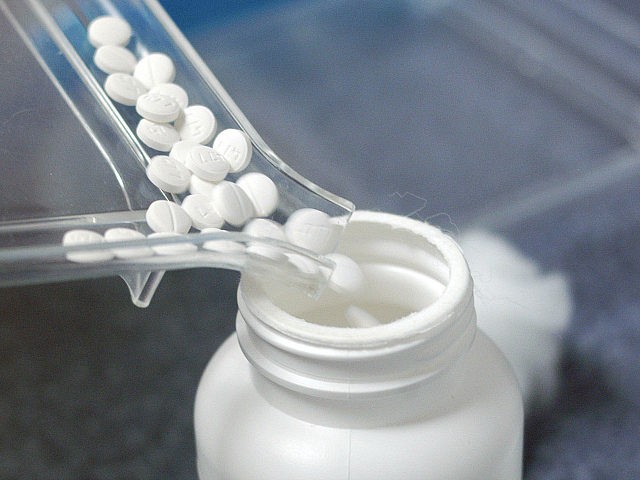The $1.7 trillion Build Back Better Act’s drug pricing reforms could reduce American lifespans and reduce creation of new drugs, according to a study.
A University of Chicago study found that the Build Back Better Act’s drug pricing regime could have dire consequences for Americans.
The Build Back Better Act, among many other substantial healthcare proposals, would allow the federal government to negotiate the price of certain drugs in Medicare Part B and D. It would also create a $2,000 annual cap for out-of-pocket costs for seniors for Medicare Part D.
The study found that the legislation would:
- Lead to a loss of 331.5 million life years in the U.S., a reduction of about 31 times as large compared to the coronavirus pandemic
- Lead to 135 fewer new drugs due to a $663 billion reduction in research and development spending
This study contended that the cut in new drugs being developed is 27 times larger than the Congressional Budget Office’s (CBO) predicted loss of five drugs over the same time period.
Tom Philipson, a University of Chicago economist, one of the authors of the study, and acting chairman of then-President Donald Trump’s chairman for the Council of Economic Advisors, said that many lawmakers are too focused on punishing pharmaceutical companies when patients will be the victims of Biden’s policies.
Philipson told Breitbart News in a statement that the drug pricing proposal would “hurt patients enormously in the future. Lawmakers in DC are obsessed with any pharma profits, treating these life-extending companies as cigarette companies that shorten lives.”
He added, “We should be happy we have generated COVID billionaires as the innovation they have produced is so much more valuable, in the trillions, than the profits they have made”.
In contrast, Philipson said the Trump administration tried to lower drugs by using the free market.
“We tried to stimulate price competition which is a better way to lower prices than regulation. Generics are more than 90 percent of prescriptions and increased generic entry under Trump reduced prices for the first time in 50 years,” Philipson said.
The Trump administration used many methods other than allowing Medicare to negotiate prices to lower pharmaceuticals.
The Trump administration implemented a “most favored nation” approach that limits what Medicare pays for medications to the lowest price paid by other advanced nations. The administration said it could save $28 billion for Medicare beneficiaries through lower copays.
Another Trump reform also required pharmaceutical manufacturers to push rebates and discounts directly to Medicare patients rather than insurers or pharmacy benefit managers. The Trump administration said that this reform could result in 30 percent savings.
Sean Moran is a congressional reporter for Breitbart News. Follow him on Twitter @SeanMoran3.d

COMMENTS
Please let us know if you're having issues with commenting.